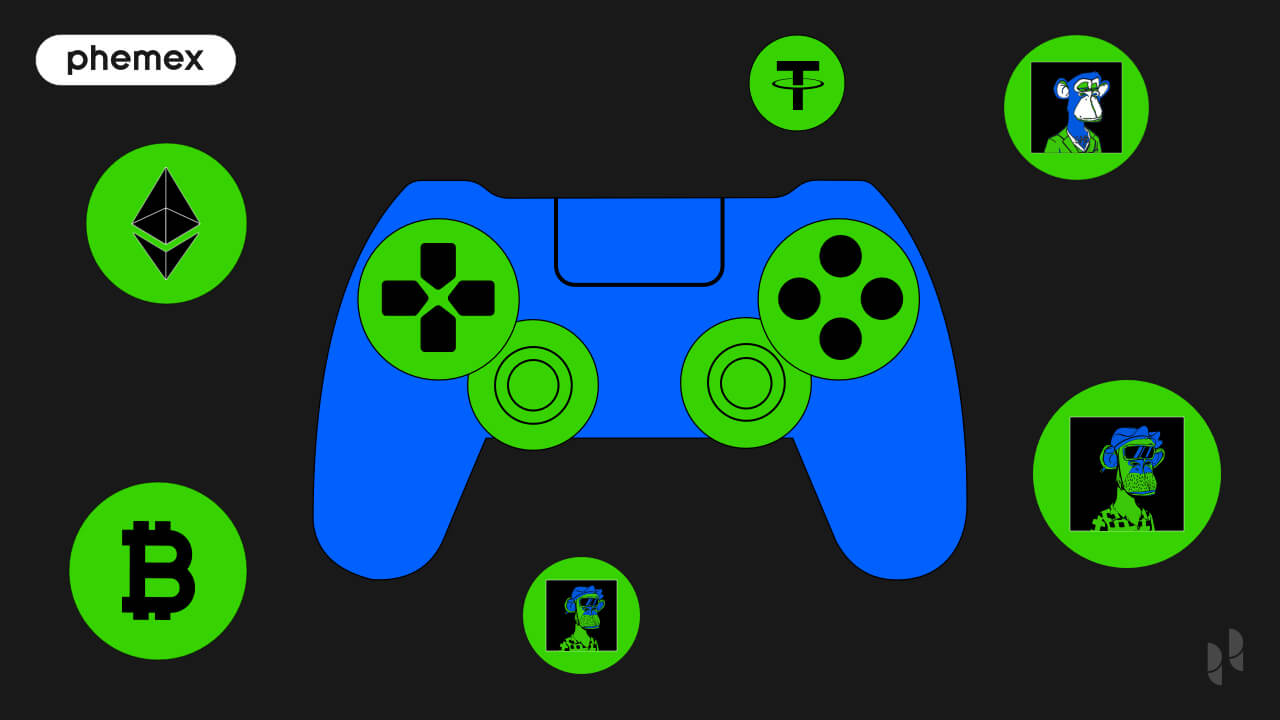Key Takeaways
- Earnings Potential: Play-to-Earn (P2E) games allow players to earn cryptocurrency or NFTs, unlike traditional gaming, which primarily rewards entertainment.
- Ownership & Control: P2E players truly own in-game assets, while traditional gaming assets are controlled by developers.
- Gameplay Motivation: Traditional games focus on fun and immersion, whereas P2E blends entertainment with financial incentives.
Introduction
The gaming world is evolving fast. Traditional games have long been about entertainment, immersion, and storylines, offering players experiences but rarely tangible rewards. In contrast, Play-to-Earn (P2E) games are redefining the landscape by enabling gamers to earn real-world value from their virtual achievements. Understanding the key differences between these two gaming models is crucial for players, developers, and investors navigating the next generation of gaming.
The Core Difference: Earning vs Playing for Fun
At its heart, the difference between P2E and traditional gaming lies in value creation. Traditional games reward players with progress, achievements, or cosmetic items, but these often have no monetary value outside the game. P2E games, however, integrate blockchain technology, NFTs, and cryptocurrency, giving players ownership of digital assets that can be traded, sold, or used across platforms.
This shift creates a dual motivation: players enjoy the game while potentially generating income. For many, this transforms gaming from a hobby into a viable economic activity.
Ownership of Digital Assets
One of the most significant distinctions is who owns in-game assets. In traditional gaming, items, skins, or currencies are controlled entirely by developers. Players cannot sell or transfer them outside the game ecosystem. P2E, on the other hand, leverages decentralized systems to give players true digital ownership.
For example, NFTs in P2E games are stored on blockchain networks, allowing players to sell or trade assets independently. This creates a transparent, player-driven economy, which contrasts sharply with the closed economies of traditional gaming.
Gameplay Experience and Community
Gameplay dynamics also differ. Traditional gaming focuses on storytelling, skill, and entertainment, appealing to a wide audience with immersive experiences. P2E games often incorporate these elements but emphasize strategic play and asset management, as players weigh potential financial gains against time and effort.
Additionally, P2E communities tend to be highly engaged around economics and strategy, whereas traditional gaming communities focus more on social interaction, achievements, and shared experiences. Both models foster strong communities, but their motivations and engagement styles differ.
Risks and Challenges
While P2E offers exciting earning potential, it also comes with risks. Market volatility, regulatory uncertainty, and the potential for scams or “rug pulls” make it less predictable than traditional gaming. Players must balance entertainment with caution, ensuring they understand both financial and gameplay risks.
Conclusion
Play-to-Earn is not just a new gaming model; it’s a shift in how digital entertainment intersects with real-world value. While traditional games remain centered on enjoyment and storytelling, P2E introduces economic incentives, asset ownership, and new community dynamics. As blockchain and NFT technologies continue to grow, the distinction between playing for fun and playing for profit will shape the future of gaming.
Whether you are a casual gamer, a crypto enthusiast, or an investor, understanding these differences is key to navigating the rapidly evolving gaming industry.
Disclaimer: The information in this article is for general purposes only and does not constitute financial advice. The author’s views are personal and may not reflect the views of GameDegen.com. Before making any investment decisions, you should always conduct your own research. GameDegen.com is not responsible for any financial losses.




